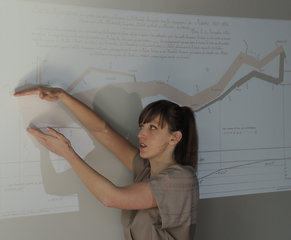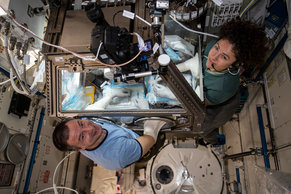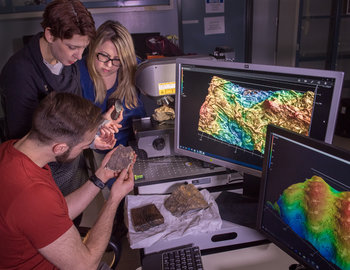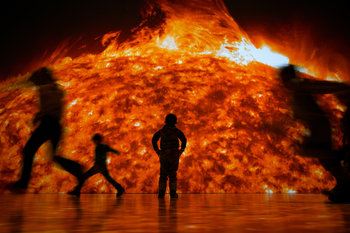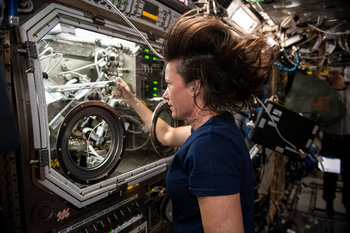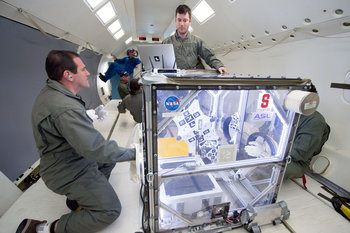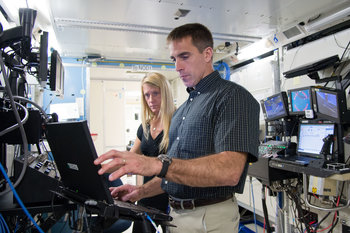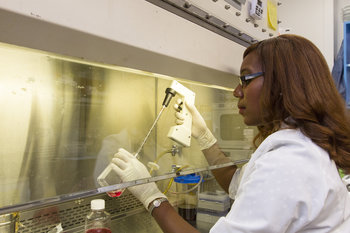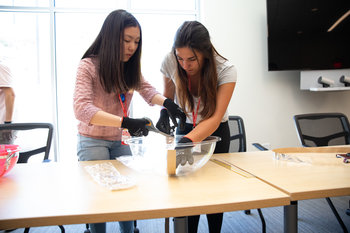|
| |
A null hypothesis is a prediction that there is no relationship between variables. This is an important assumption for scientific inquiry as it requires any relationships between independent and dependent variables to be proven as opposed to assumed. The following are illustrative examples of a null hypothesis.
Rain doesn't influence people's self-reported mood.The behavior of catfish isn't correlated to earthquakes.Taking a medication will not influence the outcome of a disease.Coffee intake doesn't correlate with higher worker productivity.
Green walls don't influence human behavior.The price of bananas isn't correlated to the price of tomatoes.Social media use isn't correlated with self-reported happiness.Airplane age isn't correlated to accident rate.Film genre isn't correlated to average ratings from film critics.Watering isn't associated with plant growth.Average hourly hours spent reading isn't associated with vocabulary skills.Air quality isn't correlated with self-reported quality of life.Salt content isn't correlated to choice of salad dressing in a taste test.The water content in the regolith of the moon isn't influenced by exposure to sunlight such as areas of the surface that are permanently shadowed. Null Hypothesis vs Alternative HypothesisAn alternative hypothesis is any hypothesis that isn't the null hypothesis. This includes predictions of positive correlation, negative correlation or causation.Null Hypothesis vs Research HypothesisA research hypothesis is a prediction that indicates the purpose of inquiry. For example, research that predicts that a medication will have some benefit. The research hypothesis can be the null hypothesis or it can be an alternative hypothesis.NotesThe statements above aren't statements of fact. As with all hypotheses, the null hypothesis isn't necessarily true. It is simply a base assumption that can be disproven with evidence.A common mistake with null hypotheses is to state that there is no relationship between variables in a single direction. For example, "air temperature doesn't increase appetite." This isn't a null hypothesis as it leaves open the possibility that air temperature decreases appetite. A correct null hypothesis is "air temperature and appetite aren't correlated" or "air temperature doesn't influence appetite."|
Type | | Definition | A prediction that there is no correlation between variables. | Related Concepts | |
Experiments
This is the complete list of articles we have written about experiments.
If you enjoyed this page, please consider bookmarking Simplicable.
The definition of hypothesis with examples.
The common types of hypothesis with examples.
The definition of positive correlation with examples and comparisons.
The definition of negative correlation with examples.
The definition of alternative hypothesis with examples.
An a-z list of important words in science with straightforward definitions.
An a-z list of foundational science vocabulary.
An overview of the common types of research design.
A guide to designing and conducting experiments.
A list of the branches of physics.
A list of the hard sciences.
The definition of soft science with a list of its basic characteristics.
A vocabulary for describing science, research and scientific knowledge.
Full examples of an experiment design using a useful template.
TrendingThe most popular articles on Simplicable in the past day.
Recent posts or updates on Simplicable.
Site Map
© 2010-2023 Simplicable. All Rights Reserved. Reproduction of materials found on this site, in any form, without explicit permission is prohibited.
View credits & copyrights or citation information for this page.
|



